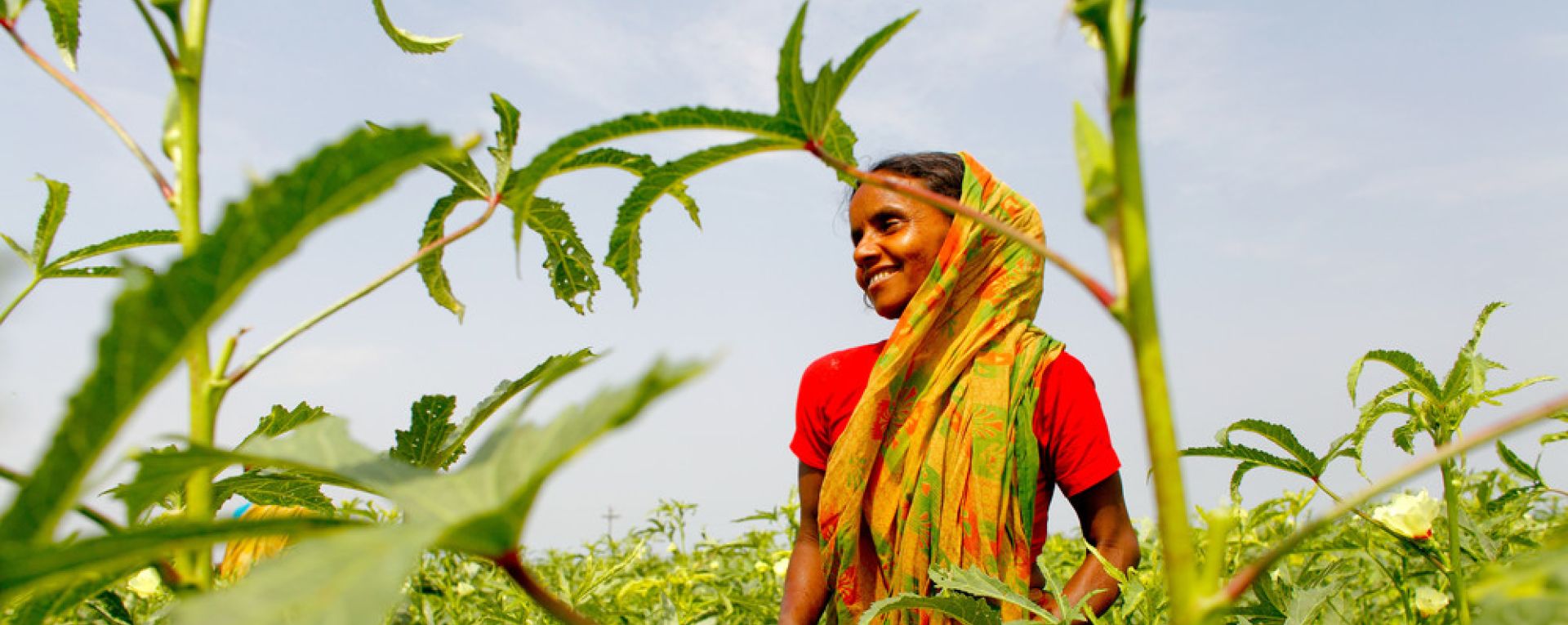50x2030 at CSW69: Advancing Women's Empowerment in Agriculture
During the 69th session of the Commission on the Status of Women (CSW) in New York, the 50x2030 Initiative and the International Food Policy Research Institute (IFPRI) co-organized a side event focused on Measuring Women's Empowerment in Large-Scale Surveys.
The event presented the Women's Empowerment Metric for National Statistical Systems (WEMNS), a pioneering tool designed to measure women's empowerment in both agricultural and non-agricultural households. Developed by IFPRI, Emory University, Oxford University, and the World Bank, WEMNS is based on a standardized questionnaire that can be integrated into large-scale surveys. By offering a streamlined and flexible approach to data collection, it serves as an invaluable resource for measuring empowerment and generating gender-sensitive data to support improved monitoring and reporting on women’s empowerment outcome.
As part of the 50x2030 Initiative to Close the Agricultural Data Gap, FAO is supporting the enhancement and adoption of the WEMNS metric by introducing a critical component to measure women’s dietary diversity. This improved version is being integrated into agricultural surveys in three partner countries: Sierra Leone, Liberia and Tanzania.
The CSW69 side event offered a valuable platform to present the development of the WEMNS and to showcase its integration into national agricultural surveys. Moderated by Jemimah Njuki, Chief of the Economic Empowerment Section at UN Women, the event featured key presentations from Jessica Heckert, Senior Research Fellow at IFPRI, and Chiara Brunelli, Senior Statistician at FAO. They outlined the tool’s design, shared progress on its implementation and highlighted the lessons learned from the application of WEMNS in large-scale surveys.
A country perspective was provided by Regina Valiente, Sector Specialist for Natural Resources, Land, and Housing at the Presidential Secretariat for Women in Guatemala, Theresa Dick, Deputy Minister of Agriculture and Food Security in Sierra Leone, and Shelton Kanyanda, Commissioner of Statistics at the National Statistical Office of Malawi. Each of them shared valuable insights into how the metric is being applied and adapted in their respective countries, shedding light on both the challenges and successes encountered in integrating the tool into national agricultural surveys.
Creating an enabling environment for women’s empowerment, particularly in agriculture, remains essential. Designing targeted interventions that address the unique challenges faced by women requires high-quality, sex-disaggregated data and robust research. These are vital to inform policymakers and guide the development of effective, gender-responsive policies in agrifood systems.
Despite some progress, significant gaps remain in access to resources, climate resilience, and nutrition for women in agriculture. The use of tools like WEMNS, together with the integrated nutrition component, can significantly contribute to closing these persistent gender gaps in agriculture.
Learn more and watch the full webcast of the event:
https://openknowledge.fao.org/items/622cd59f-0aad-446f-89a6-e72678e44fb8
